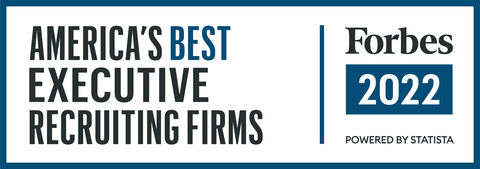Talent will get you in the door, but
character will keep you in the room.
Instagram Wants To Be A Shopping App And That’s Not All
Victoria Pavlova Contributor Retail

The Instagram app is displayed on the screen of an iPhone. Photo: Fabian Sommer/dpa (Photo by Fabian Sommer/picture alliance via Getty Images) Getty
Instagram wants you to buy clothes, slime and fit tea via its app. And its e-commerce plans don’t end there.
This much was made clear by Facebook’s new head of Instagram Adam Mosseri in a recent interview with the Financial Times. Outlining his manifesto for the platform, Mosseri explained that he hoped to “meaningfully connect the dots” between shoppers, sellers and manufacturers, and Instagram’s native talent–influencers.
In the interview, Mosseri detailed how the app’s recently trialed native checkout feature, combined with the shopping bag functionality it introduced last year in the U.S. and parts of Europe, tie into the company’s multi-year e-commerce strategy.
His ambitious plan expands on recently trialed initiatives like shoppable posts linking to retailer websites, with features like in-app checkout and shopping bags where users can store potential purchases while browsing the app.
Unsurprisingly, ad targeting by analyzing users’ shopping patterns is core to Mosseri’s strategy–after all, Instagram is under Facebook’s umbrella.
It will come as no shock that Mosseri’s e-commerce ambitions echo Mark Zuckerberg’s own stated plans.
“I think what we’re going this is we’re going to build more tools for people to buy things directly through the platform,” the Facebook CEO said during the company’s Q1 earnings call.
He added that, while he sees advertising as the key revenue stream “for the foreseeable future,” he was interested in “more e-commerce-related features” not just for Instagram and Marketplace, but the core Facebook platform itself.
So Instagram’s plan is to develop a model similar to the Amazons and Alibabas of the world–essentially operating a B2C marketplace and a B2B data, analytics and marketing business.
Instagram, of course, doesn’t have the e-commerce heritage that these online commerce behemoths do, but it does have one advantage—a built-in audience of majority Millennial and Gen Z users.
While the mammoth effort will require years of development and investment on the part of Facebook and Instagram, and the business will inherently compete with the existing e-commerce giants, one thing the app has just by virtue of its history is influence.
Influencer marketing is a favorite channel for brands trying to reach the teen, 20s and 30s crowd and it’s not going away anytime soon.
According to research firm Linqia, over 68% of marketers cite Instagram as the most important social network they use.
Yet when it comes to measuring success, it’s still very difficult to gauge via the platform–the most widely used metric is engagement, which does not directly reflect sales. While 63% of brands do use sales to measure success, Instagram doesn’t exactly make this easy.
Is possible that this is part of the reason behind Instagram’s e-commerce plans.
Unlike sister site Facebook, whose core business model revolves around directly selling user data and ad targeting, Instagram’s e-commerce plans might prove to be less controversial with users.
Perhaps, if the strategy proves successful, it could even lend some features to parent Facebook–it’s no secret that the company’s leadership is interested in introducing a sales function to its core product. This much was proven by the rollout of Facebook marketplace, far with limited success.
While the marketplace feature reportedly boasted 800 million monthly active users as of 2018, statistics about the sales generated from it were notably absent from Facebook’s quarterly earnings release.
If, however, Instagram shopping proves to be a successful endeavor, then it might shine a light for a better integrated, e-commerce-powered Facebook, per Zuckerberg’s vision.



